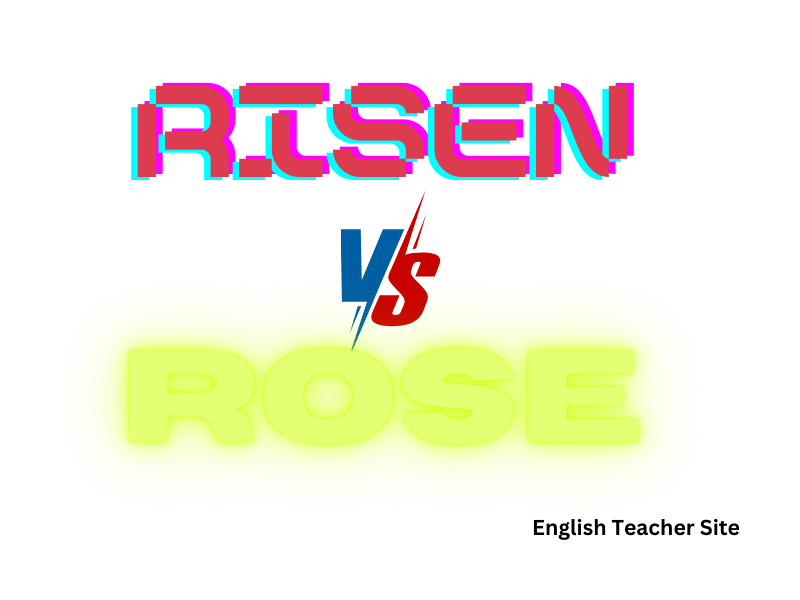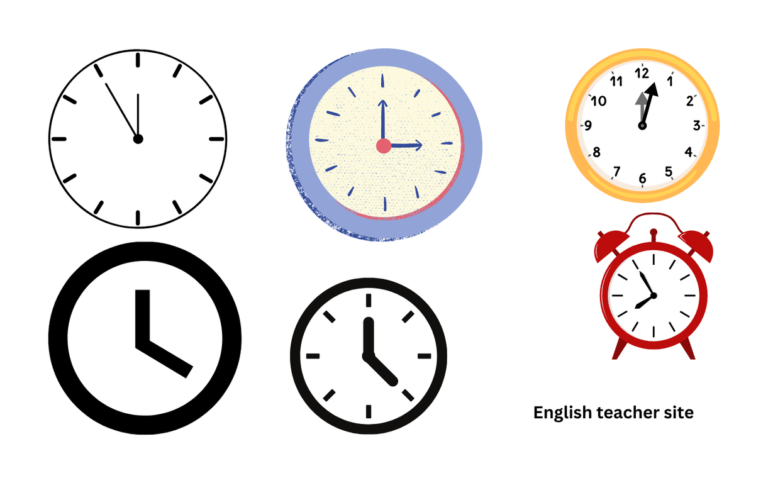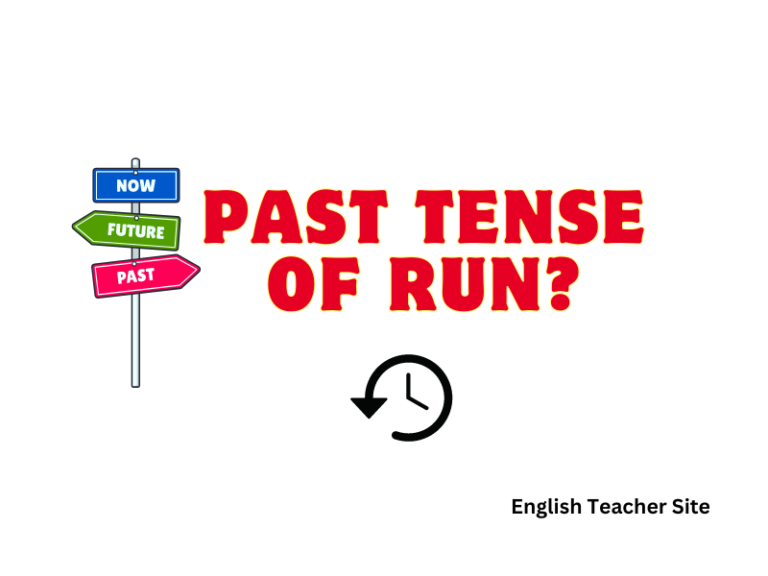Whats the Past Tense of Rise? Explaining Rose vs. Risen

- ‘Rose’ is the simple past tense form of ‘rise.’
- ‘Risen’ is the past participle of ‘rise,’ used with auxiliary verbs.
- Distinguishing between ‘rose’ and ‘risen’ is essential for correct tense usage.
Different contexts call for the use of either ‘rose’ or ‘risen.’ ‘Rose’ is the simple past form and is used to express an action that started and finished at a specific time in the past. On the other hand, ‘risen’ is the past participle form, which is generally used with auxiliary verbs ‘have’ or ‘had’ to form perfect tenses. Understanding these differences is a fundamental aspect of mastering English verb conjugation and contributing to the fluidity of expression within the language.
What’s the Past Tense of Rise: Rise, Rose, Risen?
“Rise” refers to moving upward or to elevate without the assistance of anyone or anything else. It’s used in various contexts, including the sun rising in the morning or a person standing up from a seated position.
Simple Past Tense
The simple past tense of “rise” is “rose.” This form is used to describe an event that occurred at a specific time in the past.
Past Participle
The past participle of “rise” is “risen.” This form is used in perfect tenses and requires an auxiliary verb, such as “has,” “have,” or “had.”
| Tense | Positive Form | Example Sentence |
|---|---|---|
| Simple Past | Rose | The sun rose at 6:00 AM. |
| Past Participle | Risen | The bread has risen overnight. |
How “rise,” “rose,” and “risen” fit in different tenses:
- Present Simple: She rises early in the morning.
- Past Simple: Yesterday, she rose at dawn.
- Perfect Tenses: She has risen to the challenge gracefully.
To further clarify:
- “Rose” is the form used after subjects (I, he, she, it, they, etc.) in the simple past.
- “Risen” is used with an auxiliary in the present perfect and past perfect tenses.
The use of “rise,” “rose,” and “risen” in various tenses:
| Tense | Form | Example | Auxiliaries Used |
|---|---|---|---|
| Present Perfect | Risen | They have risen. | have/has |
| Past Perfect | Risen | They had risen before sunrise. | had |
| Future Perfect | Risen | They will have risen by noon. | will have |
Use “rose” when referring to a simple completed action in the past, and “risen” when the action relates to a completed aspect in various perfect tenses. Remember that “risen” always needs an auxiliary verb.
Understanding the Meaning of the Verb ‘Rise’
The English verb rise, often confused with its various forms, suggests an upward movement or an increase from a lower to a higher state. It is a non-physical or physical ascent and can pertain to the sun in the morning, individuals standing up, or even social rank and situations improving. The verb belongs to the set of irregular verbs in English, which means it does not follow the standard rules of conjugation that apply to regular verbs.
Basic Forms of ‘Rise’:
| Tense | Form |
|---|---|
| Base Form | rise |
| Past Simple | rose |
| Past Participle | risen |
| Present Participle | rising |
Examples in Sentences:
- Every morning, the birds rise early to search for food.
- In the past, he quickly rose through the ranks in his company.
- The bread dough has risen beautifully, doubling in size.
In grammatical terms, rise is an intransitive verb, meaning it does not require a direct object to convey complete meaning. Its use in language varies from literal, such as “bubbles rising in water,” to metaphorical, “hopes rising among the team.”
The history of the word traces back to the Old English ‘rīsan’, which held similar meanings related to ascending or going up. Despite its simple appearance, using ‘rise’ correctly involves understanding its time-related conjugations, which provide clarity and precision in communication.
Synonyms of ‘Rise’:
- ascend
- climb
- increase
- heighten
- elevate
To fully comprehend the concept and application of the verb ‘rise’, it is crucial to recognize its various forms according to tense, to know when and how to use them correctly, and to be aware of the verb’s intransitive nature.
Different Forms of ‘Rise’
Present Tense:
Rise refers to an upward movement and is used when describing an action that is happening currently or generally.
- I/You/We/They rise at dawn.
- He/She/It rises with the morning sun.
| Person | Present Tense |
|---|---|
| First Person | rise |
| Second Person | rise |
| Third Person | rises |
Simple Past Tense:
The simple past form of rise is rose. It indicates an action that has already been completed in the past.
- Yesterday, the tide rose higher than usual.
| Person | Simple Past Tense |
|---|---|
| First Person | rose |
| Second Person | rose |
| Third Person | rose |
Past Participle:
Risen is the past participle form of the verb and is used with auxiliary verbs to form the perfect tenses.
- The prices have risen since last year.
Present Participle:
Rising is the present participle form and is often used to form continuous tenses or as adjectives.
- The athletes are rising to the challenge beautifully.
The table below illustrates the use of rise in different tenses:
| Tense | Example |
|---|---|
| Present | Birds rise early. |
| Past | The balloon rose slowly. |
| Present Perfect | She has risen to fame. |
| Present Continuous | They are rising above difficulties. |
Using these forms correctly allows for precise and varied expression in English, enhancing both written and spoken communication.
Explaining the Difference Between ‘Rose’ and ‘Risen’
“Rose” is the simple past tense of the verb “rise,” which means it describes an action that was completed in the past. It doesn’t require an auxiliary verb. On the other hand, “risen” is the past participle form, which is used to create perfect tense phrases when combined with auxiliary verbs such as “has,” “have,” or “had.”
| Simple Past Tense | Past Participle |
|---|---|
| Rose | Risen |
Examples in sentences:
- They rose early.
- The bread has risen well.
When to Use ‘Rose’
- Describing an action completed in the past.
- No need for an auxiliary verb.
- Indicates a standalone past action.
For instance:
- The sun rose at 6 a.m. yesterday.
When to Use ‘Risen’
- Used with an auxiliary verb.
- Describes a past action with a current relevance.
- Forms part of perfect tense constructions.
Such as:
- The sun has risen, heralding a new day.
Reasoning Behind the Past Tense Forms ‘Rose/Risen’ for ‘Rise’
Simple Past Tense:
- “Rose” is used to describe an action completed in the past.
- It does not require an auxiliary verb.
- Example: The sun rose at 6:30 am yesterday.
Past Participle:
- “Risen” is used with an auxiliary verb to form perfect tenses.
- It shows a completed action with relevance to another time.
- Example: The sun has risen.
| Simple Past Tense | Past Participle |
|---|---|
| I rose early. | I have risen early. |
Usage in Perfect Tenses:
- Present Perfect: She has risen to the challenge.
- Past Perfect: They had risen before dawn.
- Future Perfect: He will have risen by the meeting time.
The evolution of these forms can be traced back to Old and Middle English, where the pattern of irregular verb conjugation was more the norm than the exception. Although English has simplified many of its irregular verbs over time, some, like “rise,” retain their unique forms.
- Accurately conveys timeframes and actions in sentences.
- Maintains the clarity and readability of text.
- Demonstrates proficiency in English grammar.
Examples of ‘Rise’ Used in Sentences
Here are examples in different tenses:
- Infinitive: To rise early can benefit your routine.
- Present Simple: She rises at dawn every day.
- Present Continuous: They are rising to the challenge.
- Present Perfect: He has risen above his fears.
For the past forms, observe these constructions:
| Tense | Example |
|---|---|
| Past Simple | The students rose when the principal entered the room. |
| Past Perfect | By the time you arrived, the sun had already risen. |
- Past Continuous: While I was hiking, the moon rose.
- Present Perfect Continuous: She has been rising before sunrise to meditate.
In sentences, it’s crucial to distinguish between ‘rose’ (past simple) and ‘risen’ (past participle), as seen here:
- Past Simple: The bread rose perfectly in the oven.
- Present Perfect: The bread has risen perfectly in the oven.
Note the difference in meaning dependent on the tense and context:
| Tense | Sentence | Emphasis |
|---|---|---|
| Past Simple | The activist rose to speak. | Action completed in the past |
| Present Perfect | The activist has risen rapidly in popularity. | Completed action with relevance to the present |
In practice, use ‘rose’ for actions completed at a definite time in the past. ‘Risen’ is paired with ‘have’, ‘has’, or ‘had’, to show an action completed at an indefinite time or having current relevance.
Examples of ‘Rose’ Used in Sentences
The verb “to rise,” which means to move upward or to get up from a lying, sitting, or kneeling posture, becomes “rose” in the simple past tense. This transformation is necessary for indicating actions that were completed in the past.
Simple Past: Rose
- She rose from her chair to greet the guests.
- The balloons rose quickly into the sky.
| Subject | Verb (Past Simple) | Complete Sentence |
|---|---|---|
| He | rose | He rose at dawn to prepare for the hike. |
| They | rose | They rose to the occasion and won the game. |
- The curtain rose on the opening night, revealing a spectacular set.
- His spirits rose when he heard the good news.
Bullet Points Highlighting Usage:
- Action: The sun rose at 6:47 a.m.
- Metaphorical: The athlete’s fame rose overnight.
Past Continuous and Perfect Tenses
“Rose” is not used with auxiliary verbs, unlike its past participle form “risen.” These examples indicate past actions using just “rose.”
| Tense | Example Sentence |
|---|---|
| Past Continuous | It was raining but despite that, the river levels still rose. |
| Present Perfect | They have already risen for the day. |
Examples of ‘Risen’ Used in Sentences
‘Risen’ is the past participle form of the verb ‘rise’. It is often used with auxiliary verbs like has, have, or had.
Present Perfect:
- She has risen early to prepare for her presentation.
- Have the stocks risen since the last quarter?
Past Perfect:
- By the time the meeting started, the sun had risen.
- They had risen to the challenge successfully.
In these examples, ‘risen’ is combined with the appropriate auxiliary verb to indicate an action that is completed by the present or was completed at a certain point in the past relative to another past action. Below are two tables showcasing the verb ‘risen’ in simple and compound sentences:
Table 1: ‘Risen’ in Simple Sentences
| Subject | Auxiliary Verb | ‘Risen’ | Remaining Part of the Sentence |
|---|---|---|---|
| The sun | has | risen | above the mountains. |
| The dough | has | risen | double in size. |
Table 2: ‘Risen’ in Compound Sentences
| Clause 1 | Conjunctive Adverb | Clause 2 |
|---|---|---|
| The moon had not risen, | therefore, | the landscape was shrouded in darkness. |
| They had risen early, | consequently, | they arrived first in line. |
To illustrate further, here are bullet points using ‘risen’ in various tenses:
- Simple Past: I rose at dawn.
- Present Perfect: They have risen above expectations.
- Past Perfect: She had risen before anyone else awoke..
Origin of the Verb ‘Rise’
The English verb “rise” harks back to its Old English origins from the word “rīsan,” which connotes “to arise, stand up, get up; to get up from sleep.” This verb is part of a broader Germanic root, which is also linked to the Gothic “urreisan,” the Old High German “irîsan,” and Old Norse “risa.” The conceptual framework surrounding “rise” includes the idea of movement upward or to assume a higher position. Emphasizing this idea of ascent, “rise” has maintained its definition through centuries as languages evolved.
The evolution of “rise” can be observed in the changing sounds within its conjugation—a phenomenon known as ablaut. The following table illustrates this phonetic shift from its present to past forms:
| Present | Past Tense | Past Participle |
|---|---|---|
| rise | rose | risen |
Derived from the Germanic language family, “rise” shares its irregular form with other verbs that underwent ablaut variation, where the vowel sound changes to indicate tense—a characteristic feature of Indo-European languages. It bears a striking resemblance to German verbs like “reisen” (to travel), which also reflects a change in vowel to denote past tense (‘reiste’).
- Origin: Old English rīsan
- Related languages: Gothic, Old High German, Old Norse
- Key Features:
- Movement upward
- Assumption of a higher position
- Ablaut Variation:
- Present: rise
- Past: rose
- Past Participle: risen
Synonyms of ‘Rise’
Ascend and climb are frequently used in physical or metaphorical scenarios involving upward movement:
| Verb | Usage |
|---|---|
| Ascend | She ascended the corporate ladder with remarkable speed. |
| Climb | The hikers climb the mountain despite challenging weather conditions. |
In an abstract sense, terms like increase and grow reflect a rise in numbers or intensity:
| Verb | Usage |
|---|---|
| Increase | Interest rates increase over time. |
| Grow | The anticipation for the event continued to grow. |
- Elevate: to lift or raise to a higher position.
- Soar: to fly or rise high in the atmosphere.
- Surge: to move suddenly and powerfully upward or forward.
- Mount: often used to describe gradually increasing or escalating.
Considering professional and personal growth, synonyms such as advance and progress illustrate a form of rise:
- Advance: to move forward in a purposeful way.
- Progress: to develop towards an improved or more advanced condition.
In financial or statistical contexts, words like appreciate and escalate highlight the upward movement:
- Appreciate: The value of the property has appreciated over the years.
- Escalate: The cost of living has started to escalate rapidly.
By familiarizing oneself with these synonyms, one can articulate with precision and variation, tailoring language to the context at hand.
Idioms Associated with ‘Rise’
Common ‘Rise’ Idioms:
- Rise above: To ignore or overcome negative influences or emotions.
- Rise and shine: A call to wake up and start the day energetically.
Idioms Indicating Improvement or Success:
- On the rise: Indicating something is becoming more common or increasing in frequency or intensity.
- Rise to the occasion: To overcome a challenging situation by performing to the best of one’s ability.
The following tables encapsulate the essence of these idioms:
Table 1: Meanings of ‘Rise’ Idioms
| Idiom | Meaning |
|---|---|
| Rise above | To not allow oneself to be affected by something negative |
| Rise and shine | A lively start to the day |
| On the rise | Increasing in frequency or intensity |
| Rise to the occasion | To perform well in a challenging situation |
Table 2: Use of ‘Rise’ Idioms in Sentences
| Idiom | Example Sentence |
|---|---|
| Rise above | She chose to rise above the petty office politics. |
| Rise and shine | It’s time to rise and shine for our early hike! |
| On the rise | Popularity of plant-based diets is on the rise. |
| Rise to the occasion | He rose to the occasion and delivered an inspiring speech. |
- To rise above petty squabbles requires emotional maturity.
- Morning people often use the phrase rise and shine.
- Trends that are on the rise reflect societal changes.
- Athletes must often rise to the occasion during critical moments of competition.
In reviewing these idioms, it’s evident that “rise” contributes significantly to expressing actions or sentiments involving upward movement or improvement, both literally and metaphorically.
Sources
1. Wikipedia. “Indo-European ablaut.” Wikimedia Foundation. https://en.wikipedia.org/wiki/Indo-European_ablaut.
2. Harper, Douglas. “Etymology of rise.” Online Etymology Dictionary, https://www.etymonline.com/word/rise.
3. “Rise.” TheFreeDictionary.com. Farlex,https://idioms.thefreedictionary.com/rise
My name is Khamis Maiouf. I am the creator of the English Teacher Site, dedicated to providing valuable resources and insights for students around the world. With a passion for education and a commitment to helping students enhance their skills, I aim to make English teaching more effective and enjoyable for both educators and students.






